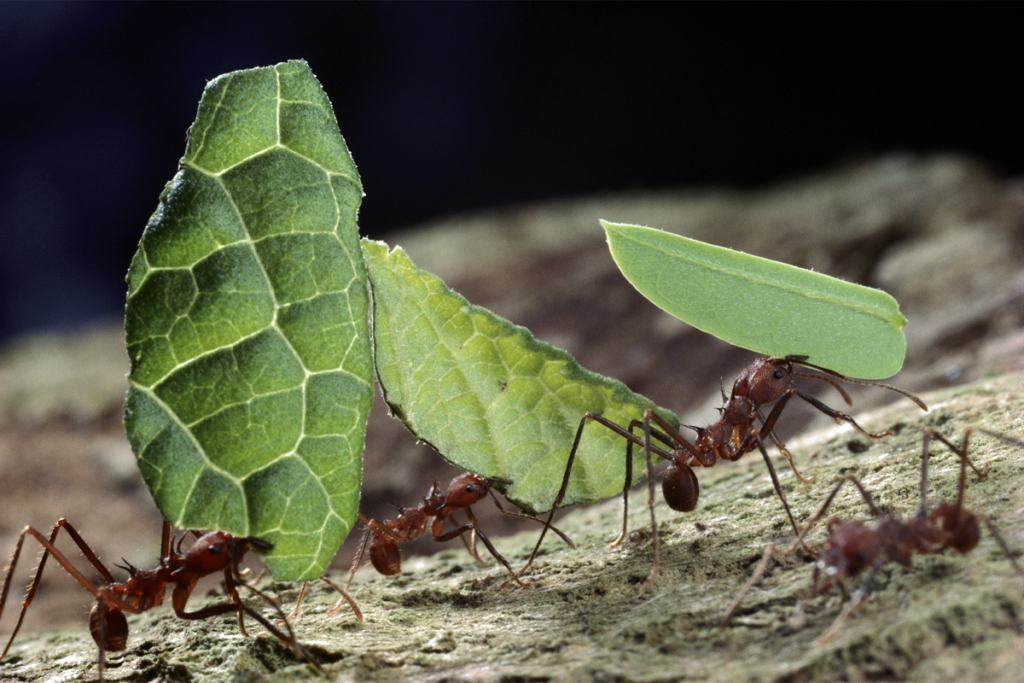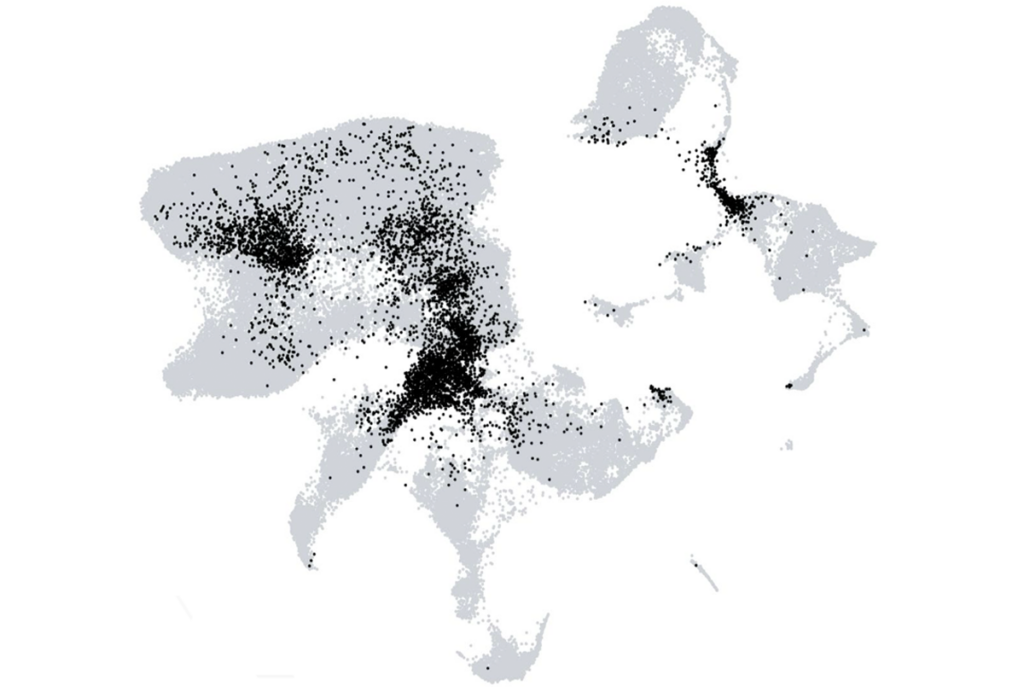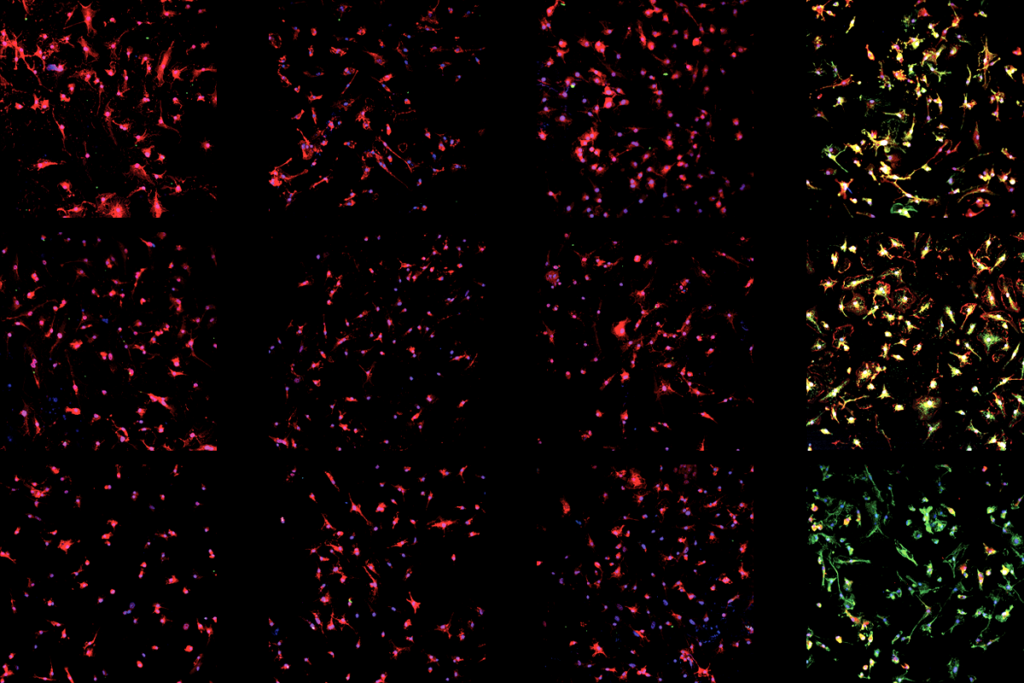Shaena Montanari was a reporter for The Transmitter from 2023 to 2025. She was previously an investigative health reporter at the Arizona Center for Investigative Reporting in Phoenix. Prior to becoming a journalist, Shaena worked as a paleontologist.

Shaena Montanari
Former reporter
The Transmitter
From this contributor

Neuropeptides reprogram social roles in leafcutter ants

Nature retracts paper on novel brain cell type against authors’ wishes

Authors correct image errors in Neuron paper that challenged microglia-to-neuron conversion

Releasing the Hydra with Rafael Yuste
Plaque levels differ in popular Alzheimer’s mouse model depending on which parent’s variants are passed down
Education
- M.A. in investigative journalism, Arizona State University
- Ph.D. in comparative biology, Richard Gilder Graduate School at the American Museum of Natural History
- B.S. in geological sciences, University of North Carolina at Chapel Hill
Fellowships
- AAAS Science and Technology Policy Fellowship
- AAAS Mass Media Fellowship
- Royal Society Newton International Fellowship
Articles
- “Cracking the egg: the use of modern and fossil eggs for ecological, environmental and biological interpretation” | Royal Society Open Science
- “Pliocene paleoenvironments of southeastern Queensland, Australia inferred from stable isotopes of marsupial tooth enamel” | PLOS ONE
- “Dinosaur eggshell and tooth enamel geochemistry as an indicator of Mongolian Late Cretaceous paleoenvironments” | Palaeogeography, Palaeoclimatology, Palaeoecology
Explore more from The Transmitter
Three ecological psychologists on the right and wrong ways to use the field’s principles in neuroscience
Matthieu de Wit, Luis H. Favela and Vicente Raja weigh in on the recent trend of neuroscientists importing concepts from ecological psychology, the study of how an organism’s interactions with its environment explain perception and action.
Three ecological psychologists on the right and wrong ways to use the field’s principles in neuroscience
Matthieu de Wit, Luis H. Favela and Vicente Raja weigh in on the recent trend of neuroscientists importing concepts from ecological psychology, the study of how an organism’s interactions with its environment explain perception and action.
Is there a neuroscientist in the House?
Sam Wang, a neuroscientist running for the U.S. House of Representatives, has been considering American democracy for decades.

Is there a neuroscientist in the House?
Sam Wang, a neuroscientist running for the U.S. House of Representatives, has been considering American democracy for decades.
Marcelle Lapicque: A forgotten pioneer in neuroscience
Lapicque was the first Black woman neuroscientist in Europe, new research suggests.
Marcelle Lapicque: A forgotten pioneer in neuroscience
Lapicque was the first Black woman neuroscientist in Europe, new research suggests.